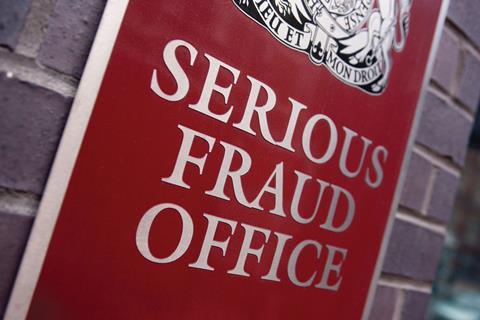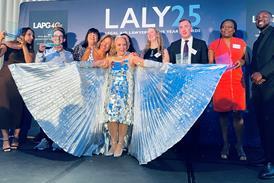The Supreme Court has curbed the Serious Fraud Office’s extra-territorial powers, ruling that it cannot demand documents held outside the UK by a foreign company under the Criminal Justice Act 1987.
In KBR v SFO, the Supreme Court found that the SFO overreached itself when it issued a notice under section 2(3) of the Criminal Justice 1987. The notice required US engineering conglomerate KBR Inc to produce material held overseas.
A UK subsidiary of KBR provided the SFO with documents in 2017. However, when the investigator attempted to obtain documents held outside of the UK, KBR applied for judicial review to quash the notice.

In a judgment handed down this morning, the Supreme Court unanimously upheld KBR’s appeal. It found that section 2(3) of the 1987 act is generally not intended to have extra-territorial effect and that the presumption clearly applies in this case because KBR, Inc is not a UK company, and has never had a registered office or carried on business in the UK.
The court also rejected the argument that parliament intended section 2(3) to give the SFO the power to compel a foreign company to produce documents it holds outside the UK.
In judgment Lord Lloyd-Jones stated that successive acts of parliament have developed structures in domestic law which permit the UK to participate in international systems of mutual legal assistance in relation to criminal proceedings and investigations.
‘It is to my mind inherently improbable that parliament should have refined this machinery as it did, while intending to leave in place a parallel system for obtaining evidence from abroad which could operate on the unilateral demand of the SFO, without any recourse to the courts or authorities of the state where the evidence was located and without the protection of any of the safeguards put in place under the scheme of mutual legal assistance,’ he said.
The court ruled there was no basis for the divisional court’s finding that the SFO could use the power in section 2(3) to require foreign companies to produce documents held outside the UK if there was a sufficient connection between the company and the UK.
Commentators said the judgment could significantly alter how the SFO conducts extra-territorial investigations.



























4 Readers' comments